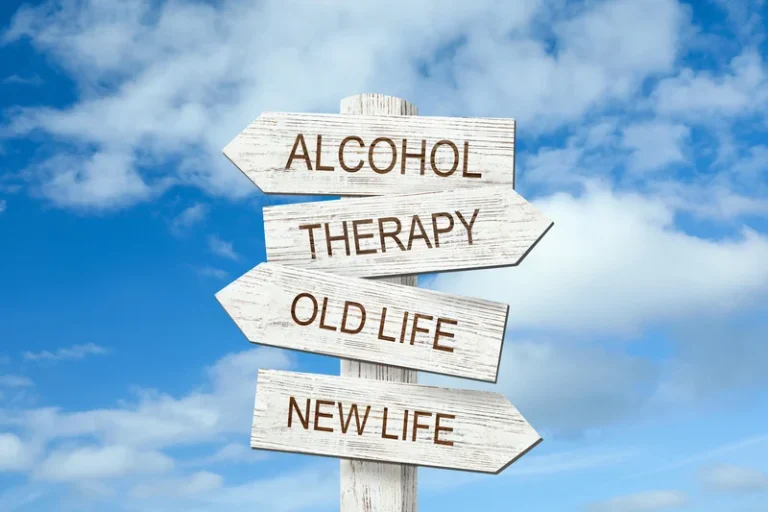
High acuity care means that your loved one can be taken care of no matter how their needs change over time. The excessive consumption of alcohol can directly harm brain cells, disrupt neurotransmitters, and affect brain structures responsible for memory, cognition, and overall mental functioning. This dementia generally occurs as a result of long-term alcoholism, but it can also arise from frequent episodes of heavy drinking or binge drinking throughout their lives. Read on to learn more about alcohol-induced dementia, symptoms, treatment options, and where to find a safe and compassionate memory care community.

Should Someone with Alzheimer’s or Dementia Drink Alcohol?

Bowden et al. remarked that it would be more apt to describe the chronic phase of WKS as ‘dementia-like deterioration’/ARD rather than severe and selective amnesia (53). Having comparatively spared implicit and procedural memories, patients typically have profound antegrade amnesia and impaired recall, with recall being better for more remote events (54, 55). In around 80% of the patients suffering from KS/ARD, executive deficits have been identified, mostly in the tasks assessing planning, higher-order organization, and cognitive flexibility (56, 57). The prevalence rate estimates from post-mortem studies are 1% – 2% of the general population and 10% of alcohol consumers (31, 32). https://ecosoberhouse.com/ Netherlands had a prevalence of 48 per 100,000 (33), while incidence rates of 8 per 100,000 were estimated in Scotland in 1995 (34).
- To diagnose alcoholic dementia, a comprehensive evaluation is required, which includes a detailed medical history, cognitive assessments, and neuropsychological tests.
- Alcoholics Anonymous offers meetings for seniors, while the Substance Abuse and Mental Health Services Administration hotline can help families find local resources and support groups.
- The authors of another study concluded that binge drinking in midlife increases the risk of dementia.
- Moderate drinkers had up to 7 doses of alcohol in a week, while heavy drinkers had 8 or more doses in a week.
Associations between alcohol use and the incidence of cognitive impairment/dementia, including dose-response studies

The person will also be given fluids and salts, and high doses of thiamine (vitamin B1) by injection. For example, if the person stops drinking alcohol, takes high doses of thiamine and starts eating a balanced diet. However, if the person keeps drinking alcohol and doesn’t eat well, alcohol-related ‘dementia’ is very likely to get worse. In order to make a diagnosis of alcohol-related ‘dementia’, a doctor may ask the person to do a paper-based test to check for problems with memory and thinking. Alcohol-related ‘dementia’ can also cause problems with a person’s mood, such as apathy, depression or irritability. These can make it even harder for the person to stop drinking – and make it difficult for people close to them to help.
Associations between dimensions of alcohol use and specific brain functions
People with early-stage dementia may also find it more difficult to make complex decisions and express themselves. Lastly, in some cases, medication such as naltrexone and acamprosate may what is alcoholism be used to treat alcohol use disorder by reducing alcohol cravings and withdrawal symptoms. Additionally, people with Wernicke encephalopathy often need thiamine via an IV. “Many times, it can reverse the most acute symptoms,” Dr. Rothenberg says.
- Social isolation appears to be a significant factor in the poor identification and treatment of ARD, and a high proportion of patients are unmarried or do not have the support of family or friends 43,53.
- Accurate diagnosis helps determine the most appropriate treatment plan and sets the stage for potential recovery.
This article reviews what alcohol-related dementia is, its possible causes, symptoms, treatment, and more. Often, symptoms stop progressing and even improve after you stop drinking. But in some cases, your care team may prescribe medication like rivastigmine or memantine, which are typically used for managing Alzheimer’s disease symptoms.
Alcoholic Dementia −Symptoms, Causes and Potential Treatment
Abstinence results in improvement in motor abilities and cognition, and is accompanied by reversal of white matter shrinkage (45, 46). Restoration of myelination and axonal integrity is the chief mechanism thought to be behind recovery from white matter is alcohol dementia real damage (46). However, if the drinking is resumed, it again becomes vulnerable to disruption. Presently, most of the cases of dementia are attributed to Alzheimer’s disease, vascular causes and Lewy body dementia.
- Abstaining from excessive drinking, staying physically active, and maintaining a nutritious diet are core factors in brain health.
- Experts recommend that screeners check anyone with memory loss for alcohol use.
- Because they can engage in conversation, a person with WKS may appear normal at first glance.
- Although Wernicke’s encephalopathy is generally caused by alcoholism, other potential causes include severe malnutrition, liver disease, hyperthyroidism, and severe anorexia.
- 313,958 White British current drinkers in the UK Biobank were followed for 13.2 years, during which 1.7% (5,394) developed dementia.
Interventions and support for people with alcohol related brain damage

The damage that causes alcohol-related dementia happens after years of unsafe drinking. However, dementia risk appeared to be highest for the individuals with MCI who drank 14 drinks per week compared with those who drank less than one drink each week — a relative risk increase of 72%. Recently, researchers designed a study to look for links between dementia and alcohol consumption in older adults. If you feel your body has become dependent on alcohol and are ready to quit, it’s imperative to get help. That could mean seeking the support of friends and family, speaking with your doctor or seeking out a nearby support group. If you’re worried about experiencing withdrawals, getting in touch with your doctor is a good first step.